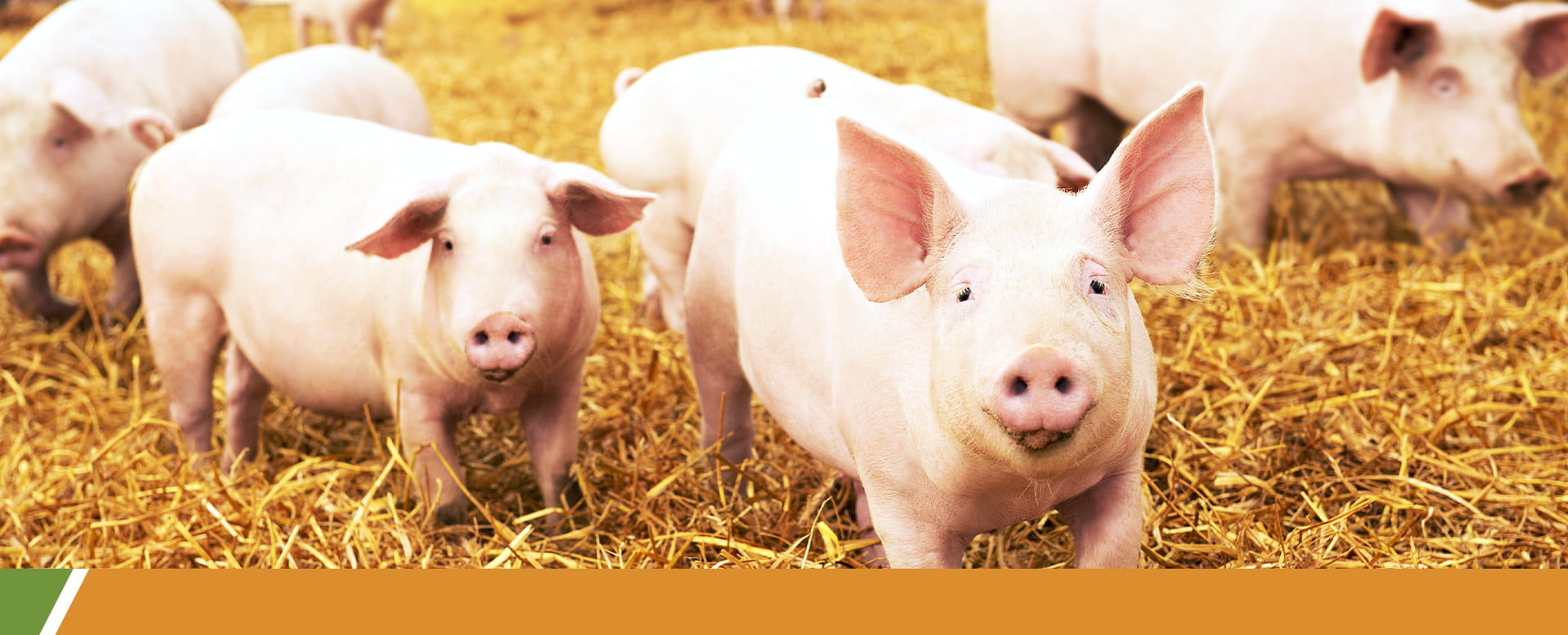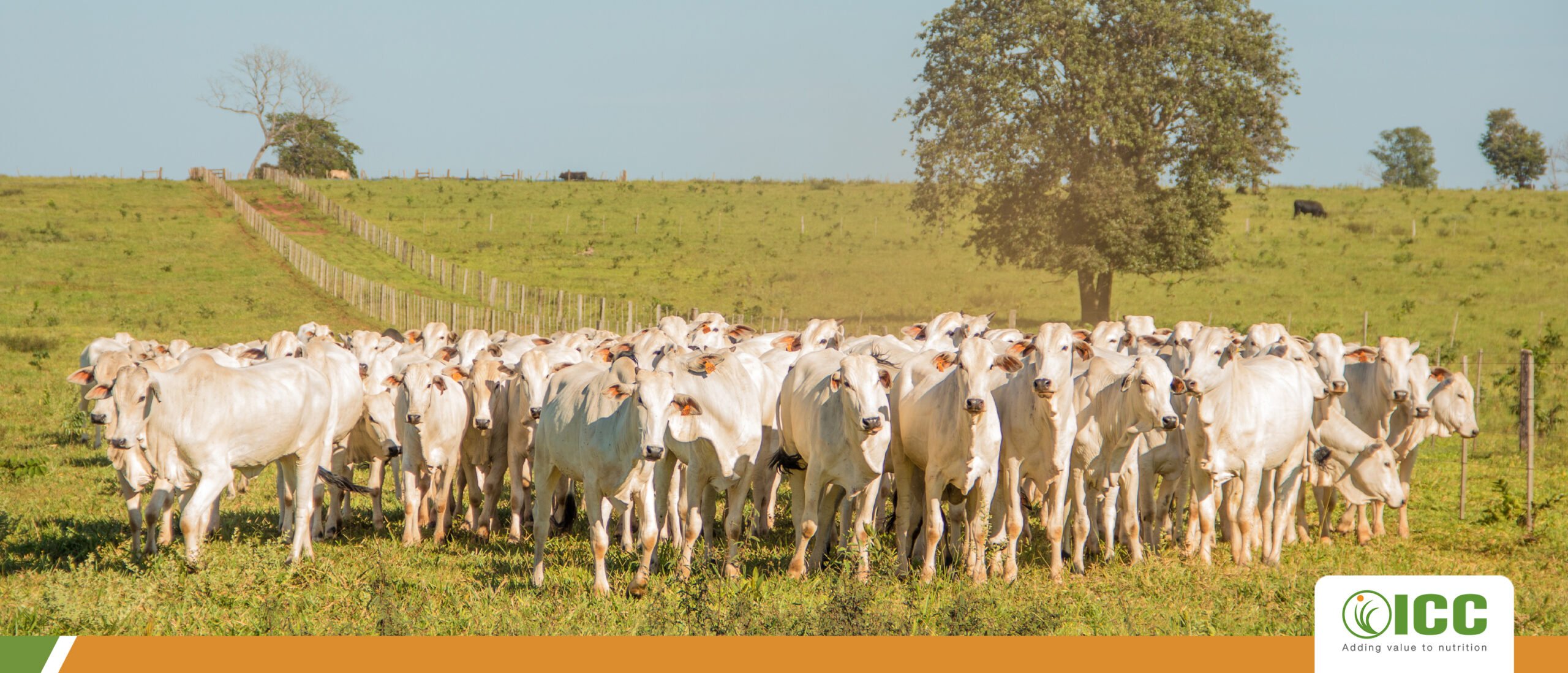Safe Management Series: The Importance of Animal Genetics
Marcelo Pedrosa Carneiro, ICC Brazil’s ruminant expert, explains why genetic choice matters for production safety
Animal genetics is a pillar of Safe Management and is just as important as the others addressed in this series. Marcelo Pedrosa Carneiro, ICC Brazil’s ruminant expert, explains why this point is valued among beef and dairy cattle producers. Take a look!
First of all, the animal’s adaptability to the production system is closely linked to its genetic pattern. This goes beyond the simple selection of suitable breeds for each system. It takes several years of studies and crossbreeding seeking genetic improvement, which aims to make herd animals develop increasingly positive production characteristics.
In theory, we seek more precocial and productive animals, capable of expressing their maximum genetic potential according to the reality of the production system adopted on the farm, whether it be extensive, semi-intensive or intensive, grazing or confined, or in dairy or beef production.
Thus, in tropical regions, Zebu animals are more recommended for large pasture systems as they are more resistant to the effects of intense heat, parasites, and forage quality, being able to produce and reproduce at satisfactory levels. On the other hand, dairy cow breeds with predominantly taurine characteristics perform better in stable and air-conditioning systems with highly concentrated diets and mechanical milking, by responding with high yields. In the intensive or semi-intensive production of beef cattle, some Zebu breeds stand out in performance and meat quality, with emphasis on Nellore, which is highly adapted after years of genetic improvement and selection and crossbreeding cattle.
Therefore, investing in the adoption of the most appropriate genetics for each production system is another important step in achieving safe management.
Nutrition enhances the use of animal genetics
Genetic and environmental factors and even birth conditions may interfere in the development of the intestinal tract, which will, in the future, determine the immunity status of ruminants. The health and performance of beef or milk cattle are directly related to a healthy, resistant intestinal flora able to fight external contaminants. ICC Brazil has a complete portfolio of animal nutrition solutions that promote the quality of life of animals, enhancing the use of genetics. Click to learn more about the portfolio: www.iccbrazil.com/en/linha-produtos.
Posted in 08 September of 2020


